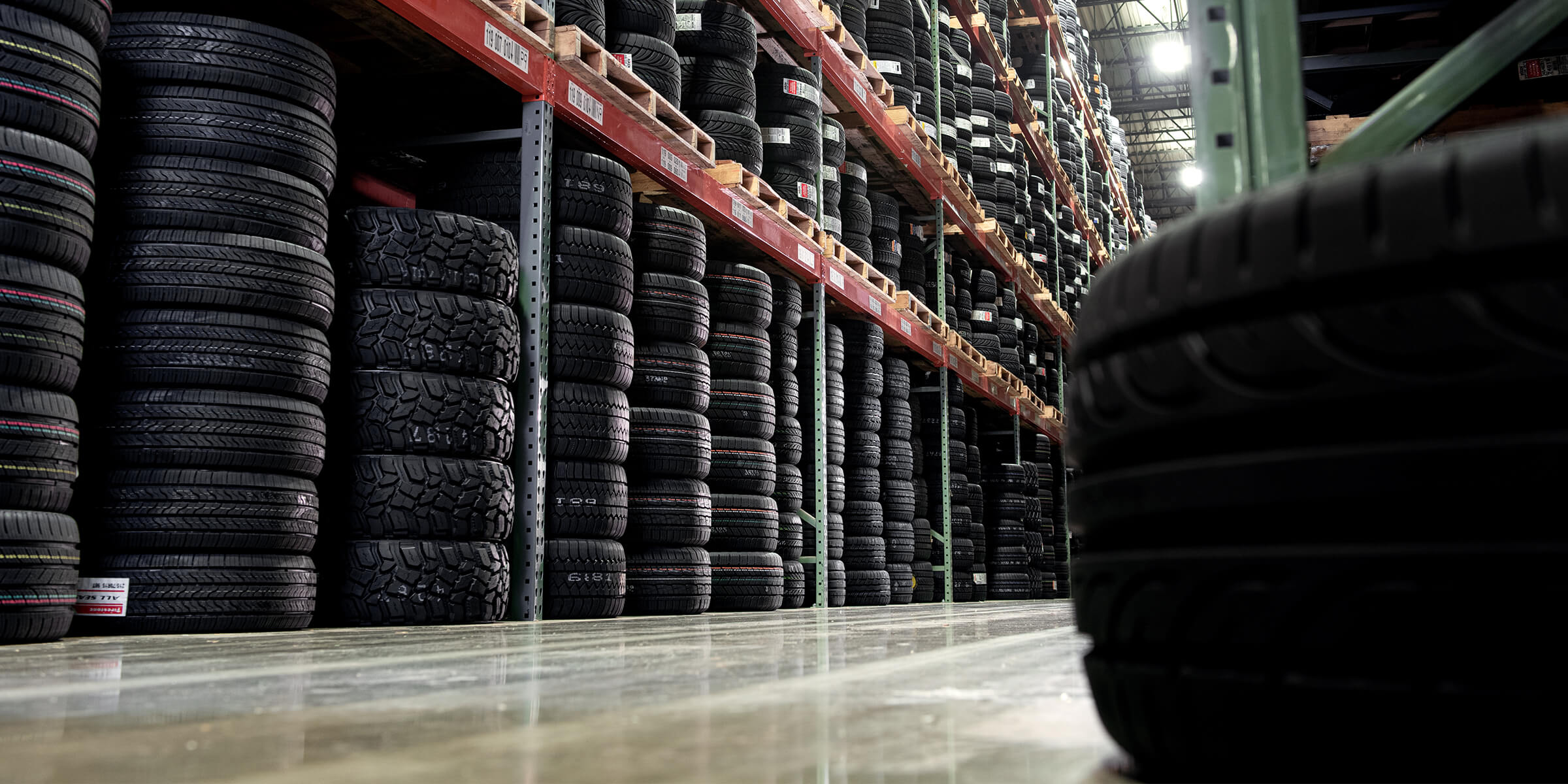Trusted Tire Shop Morris: Your Destination for Quality Tires and Services
Trusted Tire Shop Morris: Your Destination for Quality Tires and Services
Blog Article
Tire Solution: The Effect of Weather Condition Conditions
When it concerns ensuring optimum performance and safety on the roadway, understanding the impact of weather on tire solution is crucial. From scorching warmth to icy roadways, each weather condition aspect can substantially influence tire capability and overall driving experience. By diving right into the impacts of varying climate condition on tires, vehicle drivers can obtain important understandings that may improve their car's performance and longevity. In this conversation, we will discover the elaborate relationship in between climate condition and tire service, clarifying the relevance of weather-specific tire upkeep practices and factors to consider.
Heat and Tire Efficiency
When subjected to high temperatures, tires experience adjustments in performance that can dramatically impact car safety and handling. The warmth produced from extended driving or heat problems triggers the tire rubber to soften, leading to minimized step life and raised wear. As the rubber becomes softer, the tire's grasp when driving lessens, influencing stopping ranges and overall traction. In severe cases, too much warmth can also trigger tire blowouts, posing a serious safety and security risk to the automobile and its occupants.
Furthermore, heats can speed up the procedure of tire aging, creating the rubber to wear away faster. This can lead to splits, bulges, and other forms of damages that endanger the structural honesty of the tire. To reduce the impacts of warmth on tire performance, motorists need to regularly check their tire stress, rotate tires to guarantee even wear, and evaluate for any indicators of damages. In addition, utilizing tires particularly developed to stand up to heats can aid keep optimum efficiency and safety when driving.
Winter Impacts
Winter problems can have a considerable impact on tire efficiency and safety. As temperature levels decrease, tire rubber can set, resulting in lowered traction on icy or snow-covered roadways. In winter, tires may additionally shed air stress a lot more quickly, which can impact taking care of and gas efficiency. Additionally, cool temperatures can cause tire sidewalls to tense, boosting the danger of damages from splits or other roadway risks.
To reduce the results of winter on tires, it is essential to frequently inspect tire stress and inflate them to the maker's suggested degrees. Making use of winter or all-season tires developed for winter problems can likewise improve grip and grasp on icy or snowy roads - mopar tire service specials. Proper tire maintenance, consisting of regular assessments for wear and damage, ends up being much more important during colder months to make sure optimal performance and security
Rainy Conditions Impact
Throughout rainy problems, tire efficiency and safety can be dramatically influenced by the damp road surfaces and decreased visibility. The walk pattern of tires plays an important role in keeping grip on damp roadways. Tires with damaged footsteps are much more prone to hydroplaning, where a layer of water develops between the tire and the road surface area, causing loss of grip. To fight this, drivers ought to regularly evaluate their tires for appropriate tread deepness and consider buying tires particularly developed for damp conditions.

Snow and Tire Safety And Security
When driving in snowy problems, having the ideal tires can make a substantial distinction in safety and efficiency. Winter months tires are created with unique rubber substances and walk patterns to supply far better grip on snow and ice contrasted to all-season tires.
Along with making use of wintertime tires, it is important to guarantee they are properly pumped up. Cold climate can trigger tire stress to drop, influencing grip and handling (tire shop morris). Frequently checking and keeping the right tire pressure is vital for optimum performance in snowy conditions

Weather-Related Tire Upkeep
Weather-related tire upkeep incorporates an array of methods intended at ensuring optimal tire function and durability in different climate scenarios. One vital aspect of weather-related tire maintenance is tire stress regulation. Inspecting tire tread on a regular basis and changing tires when tread wear gets to a specific deepness is essential for maintaining traction and stability in adverse climate.
Final Thought
Finally, weather have a substantial effect on tire performance and safety. From warm influencing tire pressure and use to winter decreasing grip, it is vital to take into consideration the climate when maintaining and making use of tires. Wet problems can reduce hold and lead to hydroplaning, while snow can enhance the threat of crashes if tires are not properly geared up. Weather-related tire upkeep is important in ensuring optimum efficiency and security when driving. Read Full Article
In this discussion, we will certainly check out the detailed relationship in between weather condition problems and tire service, losing light on the importance of weather-specific tire upkeep techniques and factors to consider.

Report this page